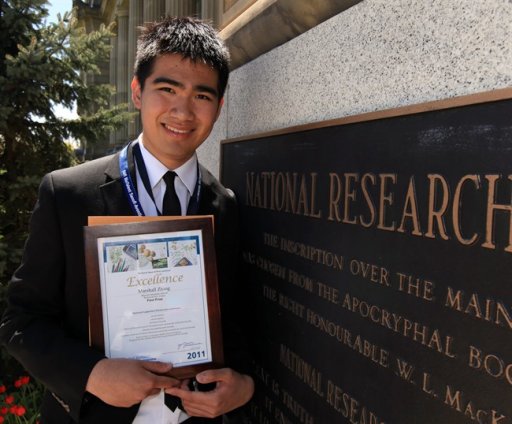You know, there's an irony floating about out there, or maybe "cognitive dissonance" might be the better term, if you will, but what it is is that it seems to me that of the people I meet, chat, or message with, the ones who are the hottest and botheredest about the environment, who grit their teeth every time a Ford Explorer drives by, and who have (or totally-would-have-if-they-could-have) chained themselves to a majestic redwood to face down armies of ravenous bulldozers intent on raping mother nature, are the very same people who feel that it is far far better to fill their homes with paper books, which are essentially lumps of dead tree - that had to be cut, transported, processed, bleached, shipped, packaged, shipped, printed on, bound, shipped, stocked, bought, and then transported into a home library - than to download an e-book and read it on something non-organic.
Odd, that.
But no fear, the end of dead tree media is here!
A few months ago, the NY Times finally, belatedly bowed to plain common sense, and is factoring in sales of e-books into their lists.
I think the picture below illustrates the effect pretty clearly.

Now I've heard a few objections to my hypothesis over the past few months, which I'll list out below.
#1 - Promoting e-books only serves to promote e-readers which are often made from "conflict minerals" and from other materials that are both non-biodegradable and toxic to the environment. E-books, then hurt Mother Earth.It's tru that e-readers aren't made of air, hope, rainbows, or flowers. But the thing is that you only need one.
Every single book that is bought has to go through that long production and distribution chain. If one the making of one book has less of an impact on the environment than the making of one e-reader, the making of ten, fifty, one hundred books does not.
As for electricity, if you were in a mind to be green, the amount of electricity it takes to transfer and read an e-book would take about 10 minutes of turning a hand crank to generate. But if you wanted to make your own hardcover... well that process is s little more involved! :-)
#2 - People prefer the physicality of books. There is no substitute to the feel of the page.Well, when Armageddon, or the singularity arrive, they will either help us rebuild civilization, or defeat the army of robots attempting to rule the earth.
But seriously...
I used to think I would never stop loving the feel of paper beneath my fingertips, or the heft of a good novel as I lay on my side on the couch, elbow propped up, my thumb nimbly flicking pages in rapid succession.
But like any marriage or partnership that has grown too close, with too little space, for too long, I started noticing the little things - the tiny paper cuts, the unending weekly dusting, the fatigue in the arm and wrist, the social stigma of reading in the workplace (oh, and just forget about bringing one along to the relatives, friends), and to top it all off, when the book was done, it became dead weight in my hand, it's part over, offering no further solace, consolation, intimacy, or joy. It...it just lays there! Ugh! Like it doesn't even know I'm there any more!
So I knew it was time for a divorce, to send 1.0 packing, and ring up 2.0 - bringing in the shiny and the new.
I tell you, my sweet little iPod Touch 4G and I, we shall be together forever.
#3 - Using e-books in schools is difficult because the expense factor prevents widespread adoption of e-readers. Ordinary folk just can't afford to lose an e-reader.I live in a part of the world where the poorest Canadian would seem almost middle class by comparison, yet somehow even the poorest of the poor here have access to mobiles.
This is an older article (2008) but it illuminates the trajectory in the developing world, and the impact that mobiles are having on everything from commerce, to education, to entertainment.
As the OLPC initiative has shown, where there is a will, there is a way. That said, from a school perspective, schools that issue out e-readers to their students, or laptops in 1-to-1 Districts (New Brunswick has a big program along these lines) can send students their allotment of textbooks wirelessly as they are added or connected to courses they are registered in.
No more textbook shortage, no more "I forgot my book" excuses, no more ratty outdated texts, no more torn or vandalized pages. All of these can be romanticized, but as a teacher who has been on both sides of this issue, I am so very glad I don't have to deal with the headaches that hardcopy school texts bring along with them.
Plus, the advantages for teachers are enormous. Instead of literally cutting, pasting, photocopying, and distributing supplementary materials in class (all of which takes enormous amounts of time), in a soft-copy system, all you need to do is insert excerpts from the textbook into a Word document, add in your exercises, save and send as an attachment (or upload, or put in a public folder, etc).
I've reduced my prep time by 80% by abandoning paper, and I have been able to ensure (literally, and measurably) more engagement with texts, including objective assessments of comprehension. One thing a textbook cannot do is record video of a student reading a text or doing an oral exercise. But in a 1-to-1 environment, you can record and store every stage of a student's progress, over years if need be, that can be instantly accessed when consulting with students, parents, or school admin.
All of this is to the benefit of students, especially those of fewer means.
#4 - Fewer paper books means fewer future yard sales where you can stumble across an old, forgotten treasure. You can't sell e-books at a yard sale.Well I sure didn't find the entire archive of Chekov's short stories in a garage sale.
I am a lover of garage sales, and nothing draws me like a sale of used books. I used to line up at every library sale in the area. Every year I made a trip to Kemptville to see my grandad and go to "Hey! Day" where there would be a massive three day sale of used books (and everything else) in support of the local hospital.
But more often than not, I notice that, table after table of used books I pass by (and still do, if only out of sheer stubborn habit) there is little I would want to read there.
I remember when my neighbour invited me to go through her basement, through the many boxes of books, and take whatever I wanted. She wanted to clean out her old books. But out of the endless boxes and stacks, I think I found six books I wanted to read. The rest were throwaway romances or Danielle Steele type hardcovers. This kindly old lady was not an atypical member of the general public.
Honestly, I'd prefer not to wade through a sea of Dan Browns or James Pattersons anymore.
To sum it up, I'd say there are certainly books that I will keep, and not give away... My hardcover special edition of Lord of the Rings, my Norton Anthologies, the rare school texts I dug up in the bins of used books stores that date from the turn of the century, etc. These are books that I value for reasons beyond just wanting to read them - they are objets d'art, windows into the past.
Personally, I love digging up old science fiction, pulp paper backs from the forties and fifties that you can still find floating around, with the cheap yellowed paper and the smell of countless sweaty hands all over them. But once I've read them, the moment has gone, the little one night stand is done, and few people I know would really want to pick up my old copy of Olaf Stapeldon or E.E. Doc Smith. On a whim, I decided to read some old Heinlein in e-Book form and I found myself drawn in and absorbed in the same way I had with the old yellowing paperbacks. It turned out that it wasn't the book - the object - that was the needed thing, it was the story itself.
Perhaps I flog the e-book thing because when it comes to paper books, I'm like a recovering heroin junkie, and when I walk into a bookstore all I can see is sweet fine China in every direction, just filling my ear with promises of ecstasy, and all I need do is swipe the credit card one more time to keep on chasing that dragon.
That siren song seduced me every time, until I realized, at a later date, that my addiction to books, my compulsion to hit an Indigo, or Chapters, or Bakka, or any of the innumerable used bookstores I would frequent a couple times a week, and leave with yet another pile of paperbacks or trade paperbacks had put me in a deep financial hole.
I think that writers, especially, reserve a special place for books, a place they do not, and perhaps can not question. It's hard to see books as things, as objects. To us they are invested with a tiny spark of the divine, and thus beyond question or reproach.
But like Po learned at the end of Kung Fu Panda, it's not the dragon scroll that matters, it's the lesson the scroll represents.


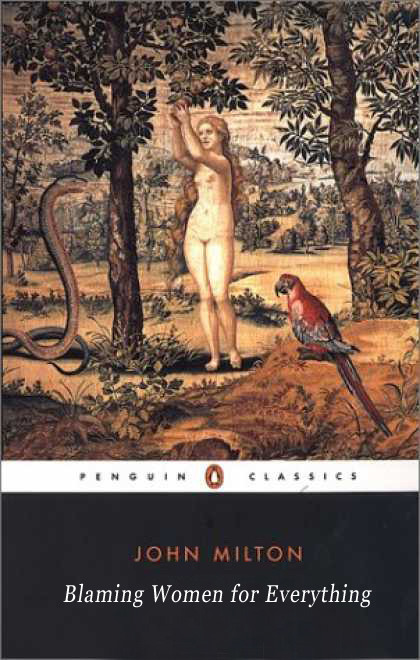
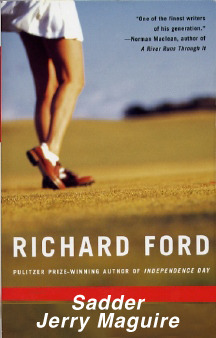
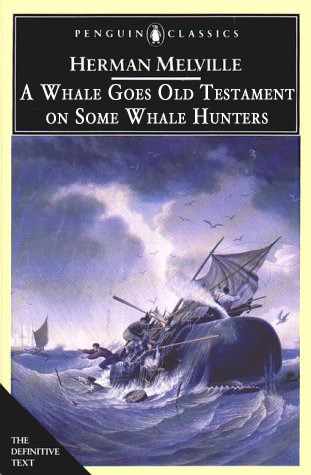
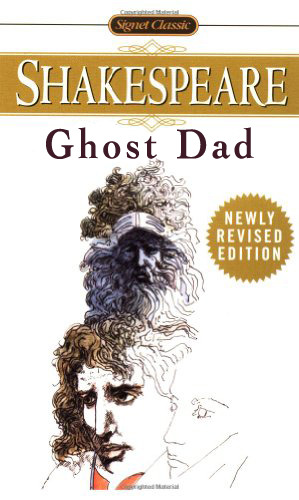
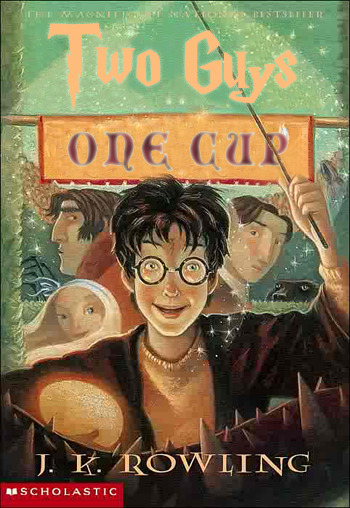

 ). This poem is based on the print version.
). This poem is based on the print version.